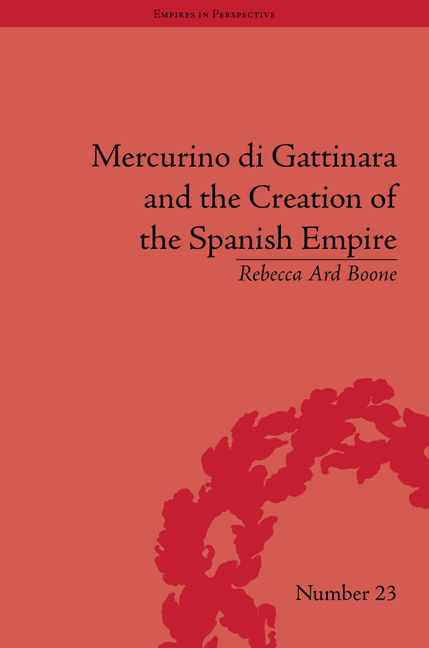4 - Enemies of the Faith
Summary
The rivalry between popes and emperors that plagued the Latin West throughout the medieval era continued unabated into the Renaissance. During the Italian Wars, the papacy had vacillated between supporting French and imperial claims in Italy. Giulio de Medici had been the imperial candidate for pope, and he owed much of his fortune to the support of Charles V. After the defeat of the French at Pavia, however, nothing stood between Italy and the threat of imperial domination. The fear of Charles's rising power induced Clement VII to ally with France, England and the Italian powers in the League of Cognac, or the Holy League. Against this coalition of almost all of the crowned heads of Europe, the grand chancellor worked to build a campaign of public support. His propaganda war against the Holy League sought to engage the public by promising reforms of justice and religion. Mobilizing all the forces of contemporary Christian humanism at his disposal, he used revolutionary and utopian rhetoric to facilitate his diplomatic objectives. This chapter looks at three works involved in this propaganda war, all of which were placed on the Index of Forbidden Books by the end of the sixteenth century: the Pro Divo Carolo, Dante's Monarchia and Valdés's Dialogue of Lactanctio and an Archdeacon. The three works represent a deliberate effort to subvert traditional authority in order to facilitate imperial conquest.
- Type
- Chapter
- Information
- Publisher: Pickering & ChattoFirst published in: 2014



